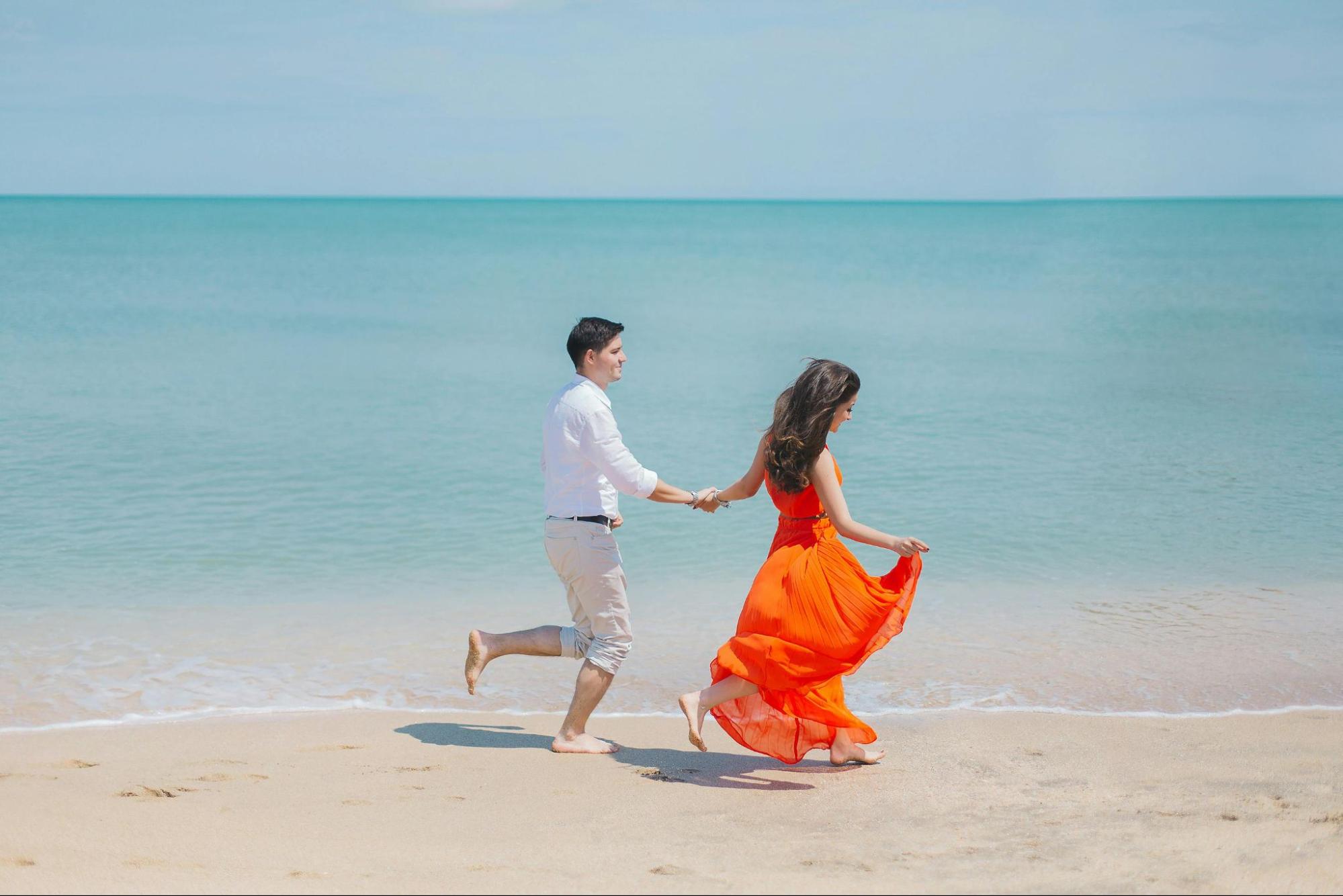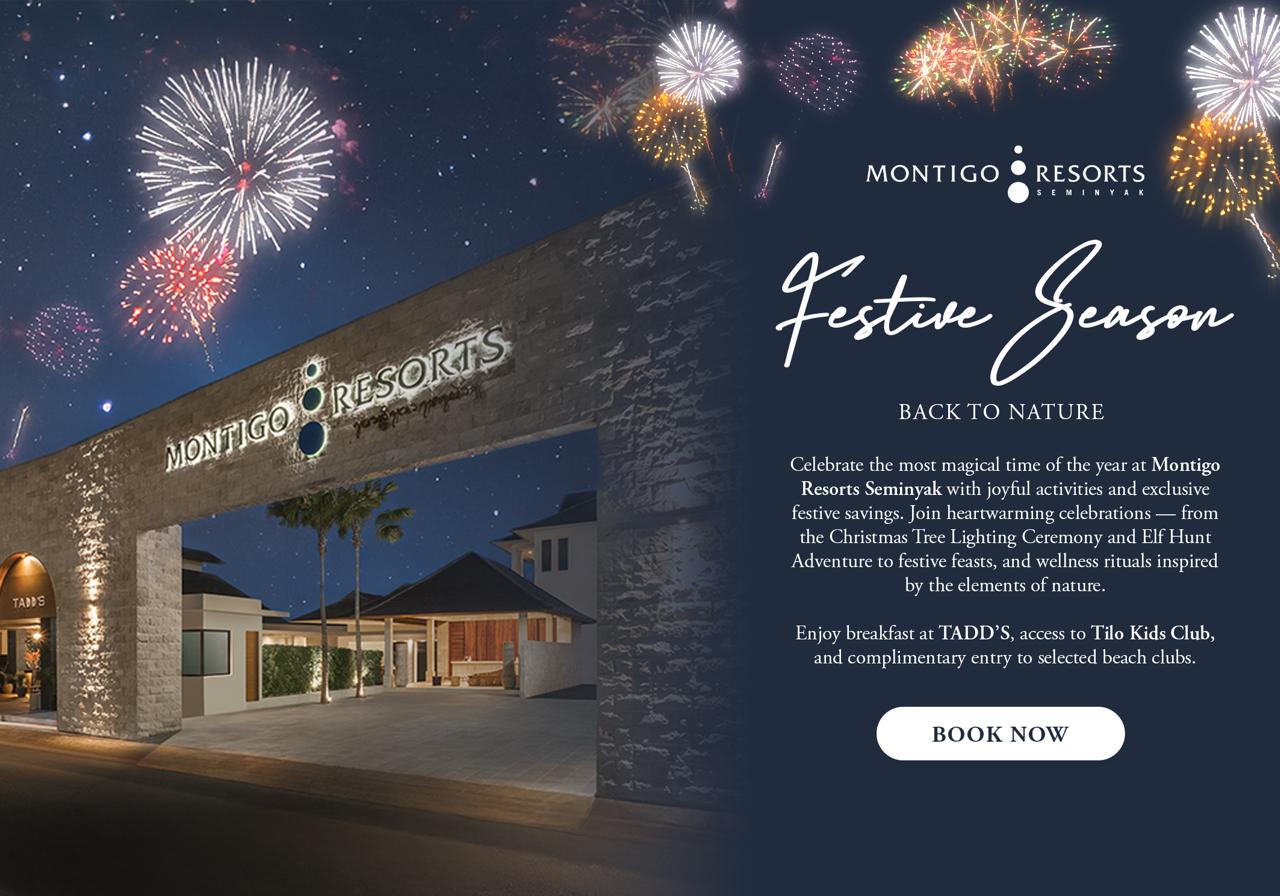Best Time to Visit Seminyak: Weather, Events & Travel Tips

Seminyak Travel Timing Guide means choosing your travel month based on weather, events, budgets, and travel style so you enjoy the experience you want without surprises. Seminyak is warm year round with average temperatures around 26 to 32 degrees Celsius, 79 to 90 degrees Fahrenheit, and two main seasons. The dry season usually runs from April to October with lighter rainfall, roughly 50 millimeters per month, while the wet season is November to March with higher rainfall, around 300 millimeters per month. Peak visitor months are July to August and December to January, shoulder months are April to June and September to October, and the rainy off peak period is November to March.
What is the best time to visit Seminyak
The best overall time is the shoulder season, April to June and September to October, for pleasant weather and fewer crowds. Peak season, July to August and December to January, delivers prime beach weather and a lively atmosphere but prices and crowd levels are highest. Off-peak season, November to March, is rainy and humid, yet it can be the most budget friendly for travellers planning an extended stay at a Seminyak resort offering wellness or spa packages.
- Best weather plus fewer crowds: shoulder months
- Busiest and priciest: peak months
- Cheapest but wet: off peak months
Seminyak Travel Timing Guide
Peak Season: July to August, December to January
Peak months bring the sunniest beach days and the most vibrant nightlife, aligned with global school holidays. Expect crowded beaches, busy restaurants, and premium hotel rates.
- Pros: Consistent sunshine, energetic atmosphere, many events
- Cons: Higher prices, limited availability, more traffic
- Best for: Families on school break, beach club enthusiasts, festive season travelers
Montigo tip: Reserve 8 to 12 weeks in advance, consider weekday arrivals for better availability, and prebook spa, dining, and kids club time slots.
Shoulder Season: April to June, September to October
Shoulder months offer excellent weather with fewer tourists and better value. This is often the sweet spot for couples, wellness travellers, and photographers staying in boutique hotels or a tranquil Seminyak resort near the beach.
- Pros: Pleasant temperatures, easier reservations, attractive rates
- Cons: Occasional breezy days or short showers as seasons transition
- Best for: Couples, wellness seekers, food lovers who want easier access to top restaurants
Off Peak Rainy Season: November to March
Rainy months are more humid and see intermittent heavy showers, often in late afternoon or evening. You will find fewer crowds and better prices.
- Pros: Budget friendly, lush scenery, quieter venues
- Cons: Rain and humidity, occasional beach debris, some activity rescheduling
- Best for: Budget travelers, spa and culinary focused trips, remote workers seeking long stays
Month by Month Snapshot
|
Month |
Rainfall trend |
Crowds |
Typical rates |
Best for |
|
Jan |
High |
Low |
Low to moderate |
Spa, food, long stays |
|
Feb |
High |
Low |
Low to moderate |
Budget travelers, wellness |
|
Mar |
High easing |
Low to moderate |
Moderate |
Nyepi cultural insight |
|
Apr |
Low |
Moderate |
Moderate |
Beach and culture balance |
|
May |
Low |
Moderate |
Moderate |
Outdoor activities |
|
Jun |
Low |
Moderate |
Moderate to high |
Arts festival lovers |
|
Jul |
Low |
High |
High |
Families, beach clubs |
|
Aug |
Low |
High |
High |
Peak sun seekers |
|
Sep |
Low |
Moderate |
Moderate |
Couples, photographers |
|
Oct |
Rising |
Moderate |
Moderate |
Value hunters |
|
Nov |
High |
Low |
Low |
Budget travelers |
|
Dec |
Variable to high |
High |
High |
Festive season |
Weather in Seminyak, Month by Month
Temperature and Rainfall Overview
Seminyak stays warm all year with average temperatures of roughly 26 to 32 degrees Celsius, 79 to 90 degrees Fahrenheit. Rainfall is the main driver of seasonality. The dry season from April to October averages around 50 millimeters of rain per month. The wet season from November to March can see about 300 millimeters per month.Average temperature and rainfall by month. Temperatures are steady, rainfall varies by season.
Dry Season from April to October
- Conditions: Mostly sunny days, lower humidity, and light breezes
- Best for: Beach time, sunset walks, day trips to Uluwatu or Ubud, water sports with more predictable conditions
- Packing: Breathable clothing, reef safe sunscreen, sunglasses, hat
Wet Season from November to March
- Conditions: Tropical showers and higher humidity, many mornings start clear then showers arrive later in the day
- Best for: Spa days, cooking classes, cafes, galleries, indoor markets, temple visits between showers
- Packing: Quick dry outfits, light rain jacket or compact umbrella, mosquito repellent
Beach and Ocean Conditions
Dry season often brings clearer water and more consistent surf days. Wet season can introduce stronger currents and floating debris after storms. Always swim between the flags and follow lifeguard instructions.
Events and Festivals Calendar
Plan your trip around local events to add cultural depth to your stay.
Nyepi, Day of Silence, Usually March
The island observes a 24 hour pause, including airport closure and restrictions on outdoor movement. Guests remain within their accommodation. It is a rare chance for reflection and stargazing from within the resort.
Bali Arts Festival, June to July
A month-long celebration of Balinese arts, dance, and music in Denpasar. Pair daytime Seminyak beach time with evening performances.
Bali Kites Festival, Mainly July, Wind Dependent
Communities fly giant traditional kites on southern Bali beaches. Expect striking visuals and local pride on display.
Ongoing Local Happenings
- Culinary pop ups
- Beach club residencies
- Wellness retreats
- Art markets
|
Event |
Usual dates |
Where |
Planning tips |
|
Nyepi |
March, date varies |
Island wide |
Plan to stay on site for 24 hours and prebook resort dining |
|
Bali Arts Festival |
Mid June to mid July |
Denpasar |
Allow travel time and reserve seats early |
|
Kites Festival |
Mainly July |
Southern Bali beaches |
Weather dependent, check local schedules |
Dates can vary. Nyepi follows the Balinese calendar and the Kites Festival depends on wind conditions.
Traveler Profiles: When Should You Visit
- Families: Peak school holidays are best for kids clubs, family programming, and shared activities. Book early to secure preferred room types at Montigo Resort
- Couples and honeymooners: Shoulder months offer romantic sunsets, quieter beaches, and easier dining reservations
- Surfers and water sports fans: Dry season brings steadier conditions. Early mornings are often calm with good light
- Digital nomads and remote workers: Shoulder and off peak months have better rates and quieter cafes, ideal for longer stays
- Budget travelers: Off peak months have the biggest savings. Build a plan B for rainy spells and enjoy spa and culinary experiences
Prices, Crowds & Availability
Prices and occupancy peak in July to August and late December to early January. Shoulder months usually offer better value with strong weather. The rainy season brings the lowest rates and most availability.
- Flight and hotel trends: Expect higher fares and nightly rates in peak months. Shoulder months often deliver competitive package deals
- Booking windows: Peak, 8 to 12 weeks ahead. Shoulder, 4 to 8 weeks ahead. Off peak, 2 to 4 weeks may suffice
- Montigo tip: Watch for advance purchase offers, spa packages, and shoulder season inclusions that add value without increasing budget
Travel Tips for Seminyak
Transportation
- Scooters are popular but require an International Driving Permit and competent riding skills, always wear a helmet
- Alternatives include metered taxis, ride hailing where permitted, and private drivers for day trips
- Safety: avoid riding in heavy rain, plan routes before dark, and secure valuables
Accommodation
Options range from luxury resorts to private villas. During peak months, book early to secure room type and location. For comfort and convenience, choose a Seminyak resort with direct access to the beach and nearby restaurants.
Montigo Resort advantages: Central access to Seminyak dining and beaches, family friendly amenities, spa and wellness programmes, and on-site dining.
Local Etiquette
- Dress modestly when visiting temples. Use sarongs and sashes when required, remove shoes at thresholds, and be respectful during ceremonies and processions
- Ask before photographing people, especially during rituals
Health and Safety
- Hydrate regularly, use reef safe sunscreen, and apply mosquito protection in the evenings
- At the beach, follow flag systems and lifeguard guidance
Money and Connectivity
- ATMs are widely available and credit cards are accepted at most upscale venues
- For data, consider a local SIM or eSIM for reliable coverage
Sustainable and Responsible Travel
Post Pandemic Shifts and Cultural Preservation
The pandemic prompted a stronger focus on sustainable tourism and cultural preservation initiatives in Bali. Supporting local artisans, attending cultural performances respectfully, and choosing community based experiences help sustain local heritage.
Low Impact Choices
- Reduce single use plastics, carry a refillable bottle, and opt for reef safe products
- Respect Nyepi restrictions, stay on site, reduce noise and light, and treat it as meaningful cultural immersion
- Choose ethical tour operators, avoid wildlife handling, and stick to marked paths on nature excursions
Risks and Trade Offs by Season
Every season has downsides. Plan around them instead of avoiding travel entirely.
- Peak downsides: Crowds, premium pricing, and limited last minute availability
- Shoulder caveats: Transitional weather can bring occasional wind or short showers
- Off peak considerations: Heavy rains some afternoons, beach debris after storms, and activity rescheduling may be needed
Counterpoint: Rainy days fit spa treatments, cooking classes, cafe hopping, and cultural experiences at or near Montigo.
Reference Tables and Checklists
|
Season |
Pros |
Cons |
Best for |
|
Peak, Jul to Aug and Dec to Jan |
Prime beach weather, lively atmosphere |
Crowds and higher prices |
Families, festive travelers |
|
Shoulder, Apr to Jun and Sep to Oct |
Great weather, lighter crowds, good value |
Occasional showers or breezes |
Couples, wellness, photographers |
|
Off peak, Nov to Mar |
Lower rates, fewer crowds, green landscapes |
Rain, humidity, possible debris |
Budget travelers, long stays |
Packing Checklist
- Year round essentials: Reef safe sunscreen, hat, sunglasses, light breathable clothing, comfortable sandals, reusable water bottle
- Dry season add ons: Light layer for breezy evenings, beach footwear, snorkeling gear if desired
- Wet season add ons: Compact umbrella or light rain jacket, quick dry clothing, anti mosquito spray, waterproof phone pouch
- Temple attire: Sarong and sash, covered shoulders
Conclusion
For most travellers, April to June and September to October are the best times to visit Seminyak. These months deliver sunny days, lighter crowds, and attractive rates. If you value maximum buzz and beach life, July to August and late December to early January are ideal, provided you book early and budget for peak pricing. Off-peak months from November to March work well for longer stays, spa and culinary focus, and savings at your preferred Seminyak resort.
